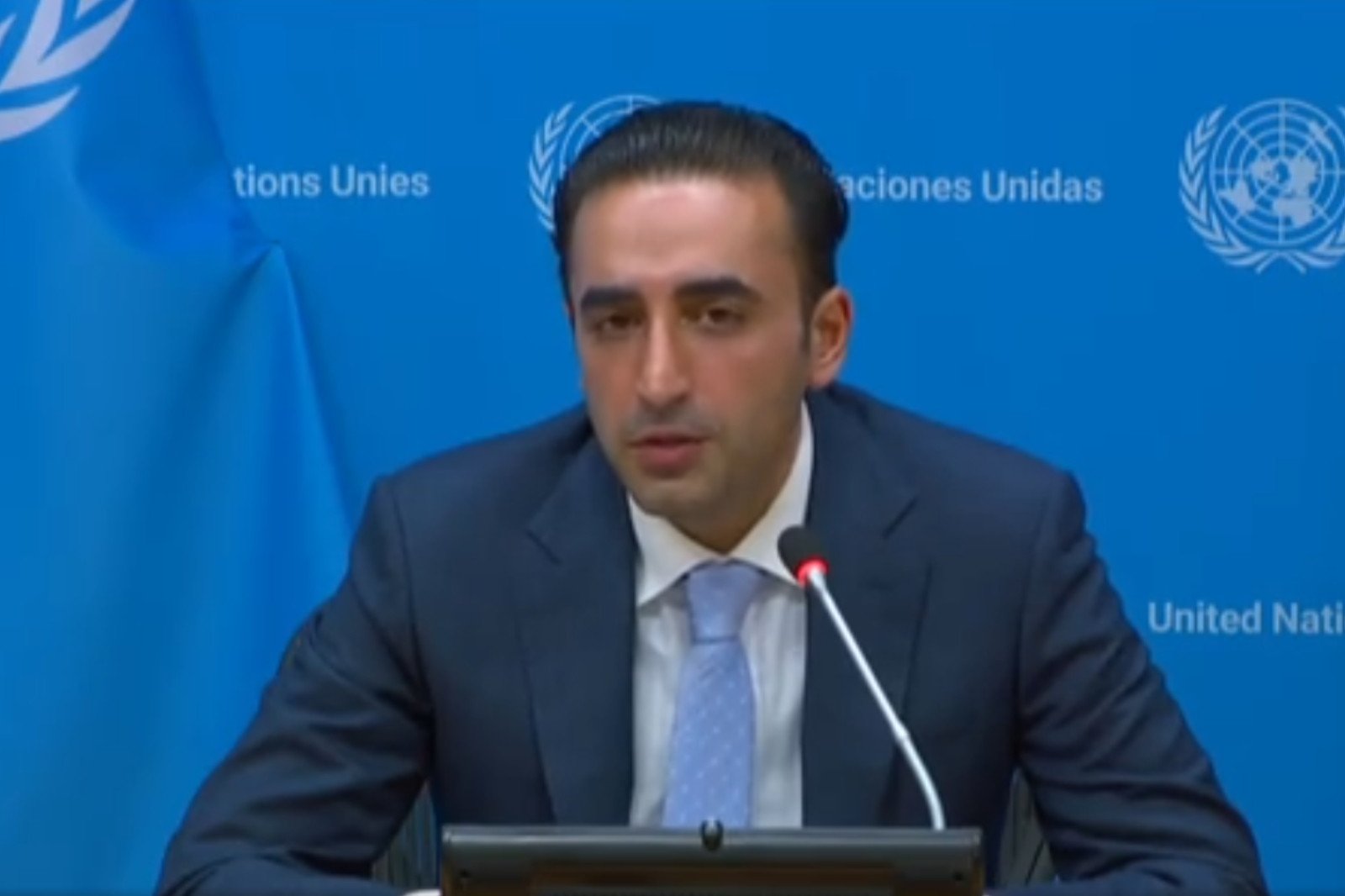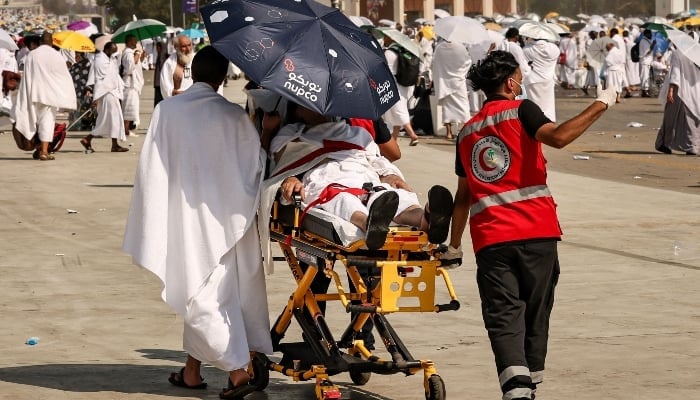
Pakistan on Saturday expressed deep concern over the growing number of Islamophobic incidents across India and warned that the deliberate incitement of religious hatred for political or ideological purposes violates India’s international human rights obligations.
In a statement responding to media queries, Ministry of Foreign Affairs spokesperson Shafqat Ali Khan said Pakistan strongly condemned the targeting of Muslims through hate speech, discriminatory policies, and acts of violence, reportedly carried out with the complicity or silence of Indian authorities.
“Pakistan calls upon the Indian government to uphold the rights and safety of all its citizens, regardless of faith,” the spokesperson said, warning that the deliberate incitement of religious hatred for political or ideological purposes was in violation of India’s international human rights obligations.
Khan added that such actions, at a time when restraint and reconciliation are most needed, further undermine prospects for communal harmony and regional stability.
Read more: Indian Muslim’s home demolished over ‘Pakistan Zindabad’ chant during cricket match
The statement comes amid heightened tensions between the two nuclear-armed neighbours following New Delhi’s accusations—leveled without evidence—linking Islamabad to the Pahalgam attack in Indian Illegally occupied Jammu and Kashmir (IIOJK). The Pakistani government has strongly rejected the allegations.
Human rights organisations, including the Association for Protection of Civil Rights (APCR), have recorded at least 21 incidents of anti-Muslim violence across India in the days following the attack. These include physical assaults on Kashmiri Muslims, hate speeches at public rallies, and reported calls for the expulsion of Muslim students from hostels.
The situation has been further inflamed by the rise of incendiary music aligned with Hindutva ideology. Songs disseminated widely through platforms like YouTube and WhatsApp have been accused of inciting hatred against Muslims. One such song, Pehle Dharam Pocha (“They Asked About Religion First”), surfaced shortly after the Pahalgam incident, accusing Indian Muslims of conspiring against Hindus. It has garnered over 140,000 views in less than a week.
Other tracks such as Ab Ek Nahi Huye Toh Kat Jaaoge (“If You Don’t Unite Now You Will Be Slaughtered”) and Jaago Hindu Jaago (“Wake Up, Hindus”) have called on Hindus to identify “traitors within the country”—a phrase widely seen as a veiled reference to Muslims.
In parallel with the online hate campaign, authorities in Gujarat reportedly demolished around 2,000 huts, which officials claimed were illegally occupied by undocumented migrants from Bangladesh. Activists, however, argue that the demolitions are part of a broader pattern of systemic discrimination aimed at portraying Indian Muslims as “outsiders” and pushing them further to the margins of society.
Also read: Pakistan condemns Modi’s Gujarat speech as ‘reckless provocation’
The demolitions have displaced thousands, worsening the precarious living conditions of affected families and contributing to a growing sense of insecurity within the community.
Prime Minister Narendra Modi’s government—widely seen as closely aligned with right-wing Hindu nationalist groups—has come under increasing criticism for its failure to curb hate speech and protect minority communities.
Critics argue that the state’s silence, and in some cases active participation, in anti-Muslim actions has emboldened extremist elements.





